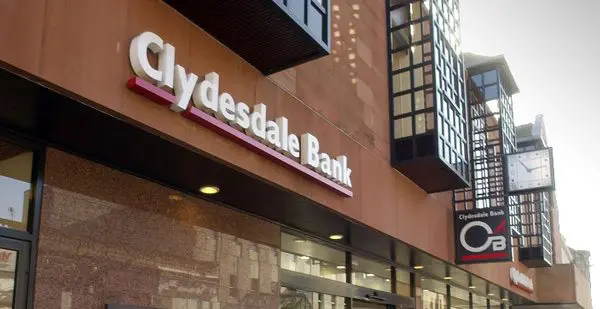The Clydesdale product, offered to hundreds of small businesses, embeds interest-rate hedging into a fixed-rate loan, whereas other banks present customers with a separate interest rate swap agreement (IRSA) with its own terms and conditions.
When the FSA announced a review of IRSA sales eight weeks ago, it said fixed-rate loans would be excluded as they were not regulated derivatives.
One London-based hedging specialist said: “If it is a fixed-rate loan it is supposed to fall outside the FSA scheme and is an unregulated product. But now the FSA is getting legal advice on whether it regulates the tailored business loan. There would be no bar to legal action, but given its non-regulated nature it would be more difficult.”
Destiny Church Trust (DCT), a Glasgow-based social action charity, is claiming £100,000 of damages from the Clydesdale after being asked to pay a £178,000 breakage fee on its 20-year loan agreement, covering £800,000 of borrowings, before the bank would sanction the sale of a property for £280,000.
The penalty allegedly led to an agreed property sale falling through, and the decline in value along with maintenance has cost the charity £100,000, it said.
The trust’s chairman, Pastor Andrew Owen, said the Clydesdale had failed to warn of potentially “massive or excessive breakage costs”, and had provided no explanation of how the charges were arrived at.
The Clydesdale has said it “acted professionally and fairly with DCT at all times and refutes any suggestion that products, and their costs, were not fully explained”.
One Scottish lawyer said: “The issue arises when customers are told the level of breakage costs that they may have to pay if they want to try to refinance – these are 10-year fixed rates which look pretty high in today’s market. When the bank has been asked to provide details about how these costs are calculated, they have cited commercial confidentiality.”
The Clydesdale said: “The bank has voluntarily agreed to conduct a review of the sale of interest-rate hedging products overviewed by an independent assessor appointed by the FSA.”


